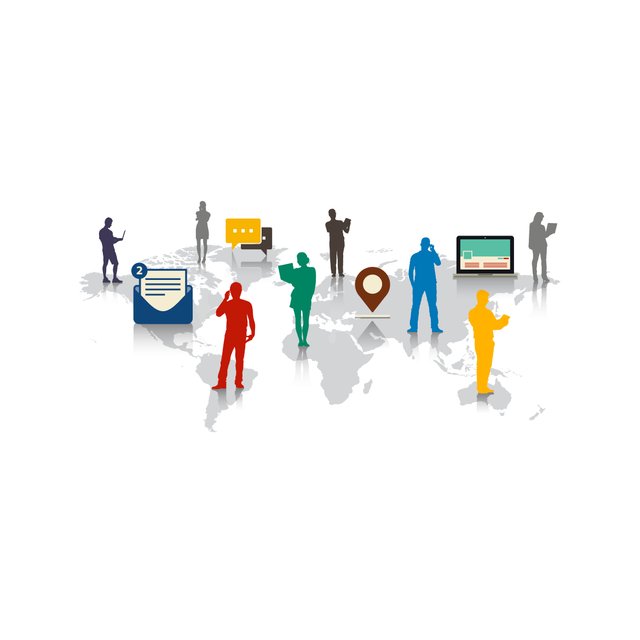Technology has impacted society significantly and immensely, changing the way humans live and work, and it has changed their relation to one another. Technology has become the pivot of human life that has influence in communication, economics, health, education, and the environment.
It has been revolutionary, the way the Internet and smartphones have changed communication. They now afford global instant interaction—something barely imagined only a few decades back. Social media platforms like Facebook, Twitter, and Instagram created new communities, reshaped politics, and changed the dynamics of social relations. They indeed provided a voice for the voiceless, in relation to the voice of social activism and democratic participation. However, on the other side, they face challenges like the spread of misinformation and cyberbullying.
It is this technology that has been driving serious economic changes. Bricks-to-clicks have changed the very texture of retail, as e-commerce has taken off. It has provided convenience and variety in one respect, but in one other respect it has been business-destroying because ordinary retail businesses are left at a disadvantage. Indeed, automation and artificial intelligence are reshaping industries. While they enhance effectiveness and productivity at work, there is always the threat of displacement that would require an immediate reskilling effort.
The use of technology within health has both enabled research in medicine and given space to develop new treatments. More so, telemedicine, health wearable devices, and electronic records have made it much easier to ensure better care for patients, saving more lives. However, all these developments also raise numerous and very sensitive ethical questions, most especially in areas such as genetic engineering and data privacy. These are the ethical considerations needed to apply this technology to human health in the process of ensuring a fair and responsible use of such technologies.
Technology has made education democratic. With the availability of online learning platforms and free, open-source resources, chances for receiving an education are plenty and can be accessed from any part of the world, despite a person's socio-economic position. Such opportunities really do give chances for lifelong learning and very probably reduce differences in education. Then, of course, there is the challenge of the digital divide and of the need for digital literacy.
Yet at the same time when technology is leading to all these issues, be it pollution or climate change, it is also coming with solutions. Innovations about renewable energy and those about waste management, as well as conservation, are some factors that are ensuring our planet's protection. Nevertheless, the success of those solutions needs global cooperation and commitment to sustainable practice. In a general sense, the impact of technology on society is broad and deep, providing abundant opportunities but also challenges. If innovation continues, then the societal implications of each technology must be kept in the back of our minds. Technology should be harnessed to improve life while reducing its potential negative impacts. This is the fine line that will help secure a sustainable and inclusive technological future.
@tripsy @jeph001 @jozzie90 @goodybest @mehta @dobartim
Thank you for reading through my post.


.jpg)

Seriously, technology as change the world
Downvoting a post can decrease pending rewards and make it less visible. Common reasons:
Submit